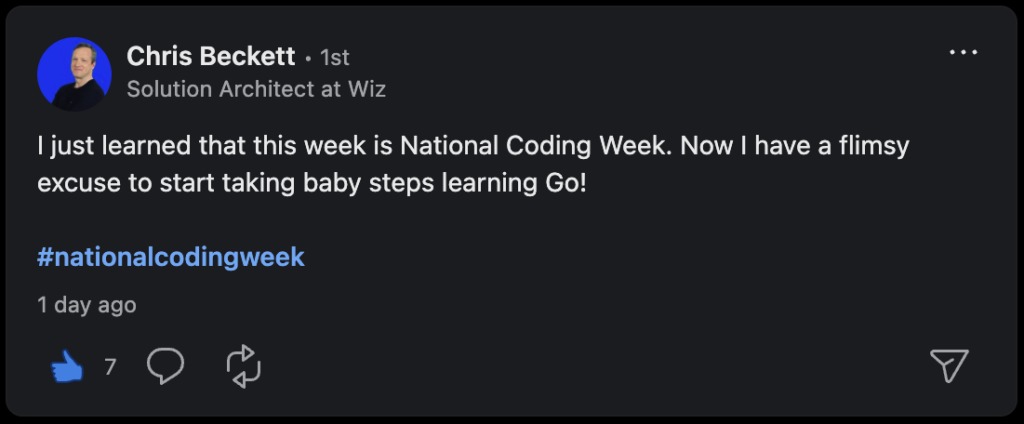Hi --
Where can I find a browser that would be used by the visually impaired --
specifically, one that reads out the pages being visited? And, of course,
<g> that would be CSS compliant ...
Thanks,
CL
Where can I find a browser that would be used by the visually impaired --
specifically, one that reads out the pages being visited? And, of course,
<g> that would be CSS compliant ...
Thanks,
CL




Comment